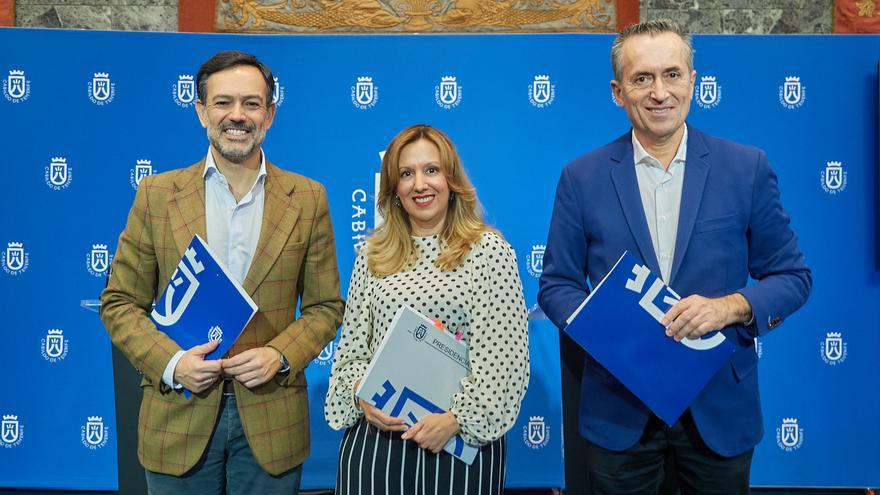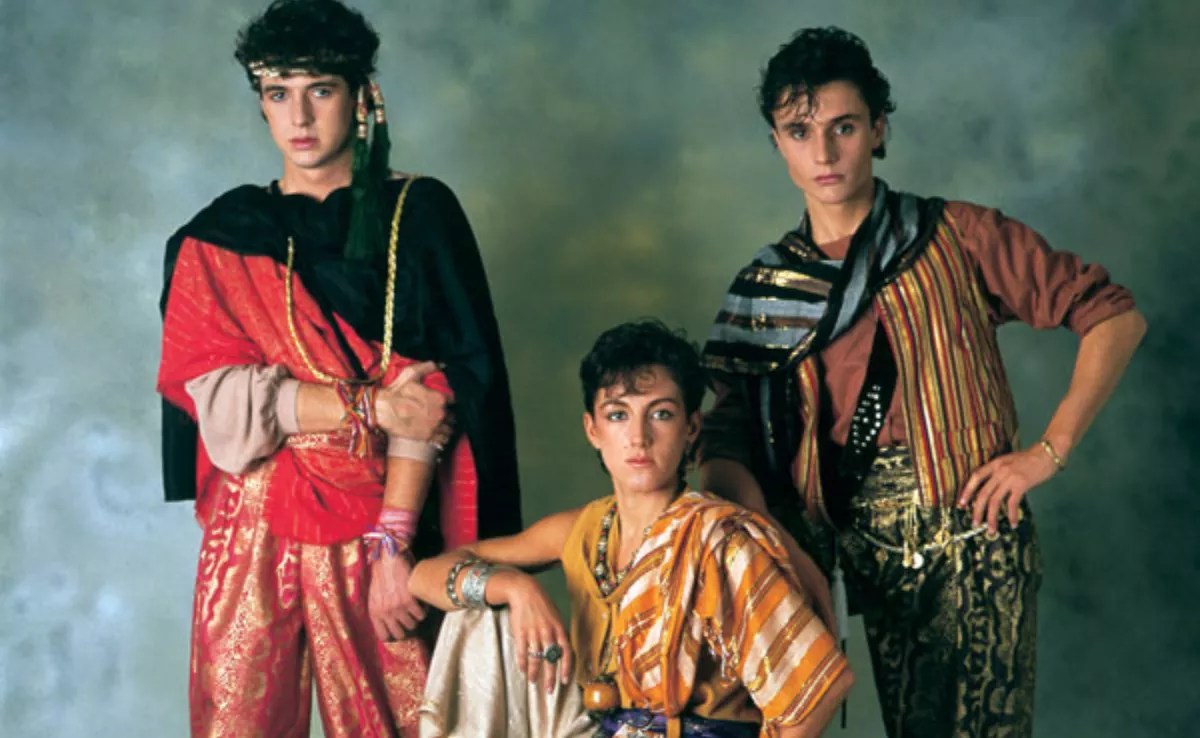
The Artificial Intelligence serves as a resource to diminish bureaucracy in Tenerife, whilst also enhancing the service provided to expedite processes in the least amount of time possible. This initiative is one of the key components of the new Insular Modernisation Plan 2024-208 ratified by the GOVERNMENT COUNCIL of the Cabildo de Tenerife. It stands as an essential tool for the 1,800 employees of the Corporation in their endeavour to reform public management and engage with citizens. The second vice president, José Miguel Ruano (Canarian Coalition), crafted the model he introduced alongside the president, Rosa Dávila, and the first vice president, Lope Afonso (PP), who recently returned from Madrid Fusion.
Speed and Efficiency
José Miguel Ruano elaborates that “utilising artificial intelligence in file processing will enable citizens to experience faster and more efficient procedures, with reduced bureaucracy and wait times.” He further asserts that “it will ensure that files are managed accurately and in accordance with regulations, providing heightened transparency and access to clear information.”
Ambitious Plan
This ambitious initiative reaffirms the Cabildo de Tenerife’s commitment to enhancing its systems and services, aiming for a more modern and dynamic administration that offers greater simplicity and accessibility to the island’s residents. The Governing Council has endorsed this proposal. The Modernisation Strategy primarily focuses on improving public service quality, reducing file processing times with the aforementioned use of artificial intelligence, lowering administrative burdens, strengthening transparency in operations, promoting active engagement and collaboration among public employees, and developing internal capabilities for a more effective management of the proposed modernisation.
Island Governance
The formulation of this strategy is overseen by the presidency, administration and public service, territorial planning, and historical heritage departments, led by the second vice president, José Miguel Ruano. He emphasises that “the participation of the 1,800 public workers at the Cabildo is critical to ensuring the institution operates as The Island’s Government.” In other words, “a modern administration that serves all of Tenerife and its inhabitants.” He also commented that “this represents an administrative revolution, as well as a motivation and recognition of those who are the driving force, where service heads will play an integral role along with all public employees.”
Five-Year Vision
The second vice president of the Cabildo states that “with a five-year outlook, the strategy constitutes a significant advancement towards a more modern island administration, one that is approachable and focused on public service.” He highlighted the establishment of an objective-driven management system for both individual and collective goals, which complements the current performance assessments through results-oriented indicators.
Main Focus Areas
The modernisation strategy outlines five primary action areas: enhancing transparency levels and access to public information; improving internal services and citizen assistance; managing knowledge and work processes; simplifying, standardising, and optimising digital procedures; and transformation and modernisation. This plan is supported by the approval of the Organic Regulations of the Government and the Administrations of the Cabildo (Roga), which will take effect on January 1, 2025.
Guimerá Theatre
In addition to the modernisation plan, the Council has approved the rescheduling of payments for works at the Guimerá Theatre in Santa Cruz, with an allocation of 1.6 million euros to be spent in 2027. This falls within the framework of the Insular Cultural Infrastructure Plan 2016-2027.
Job Creation
The Cabildo de Tenerife is set to invest over 30 million euros to create jobs for the most vulnerable demographics. The island president, Rosa Dávila, mentioned that despite achieving the lowest unemployment rate in two decades (11.45%), disparities in access to jobs continue to exist, particularly for women, youth, and those aged over 45. For instance, female unemployment stands at 14.44% compared to 8.74% for men, creating a difference of 5.7%. Although the youth employment rate has improved by 2.36% for individuals under 25, unemployment still affects 18.6% of this demographic.
Public Transport Accessibility
Rosa Dávila expressed on Wednesday that free public transport should not rely on temporary solutions. The island president advocates for a “structural and not a circumstantial” measure that aligns with the Canarian agenda. She pointed out that the annual expenditure in the archipelago totals 140 million euros, of which the State contributes only 81 million. Dávila insists on a long-term commitment and cautions that “the Canaries do not deserve to be treated as second-class citizens.” The president of the Cabildo acknowledged that the Spanish Government has enacted a new Omnibus decree that encompasses transport aid, but indicated that it still falls short of meeting actual needs.
Volcanology Initiatives
Tenerife is advocating for the headquarters of the National Volcanology Centre to be established in conjunction with La Palma. The president of the Cabildo, Rosa Dávila, asserts that both islands should jointly host this institution as “its most crucial aspect is that it is situated in the Canary Islands,” emphasising that the insular entity plays “a decisive role.” Dávila mentions that “following the extraordinary meeting of Pevolca, we have agreed on enhanced surveillance measures.” Furthermore, she expressed “unwavering support” for Nemesio Pérez, the scientific coordinator of involvement, and the entire community in rejecting any actions against scientific personnel. Lastly, she highlighted that Garachico will host a volcanic emergency simulation in September under the framework of the EU-MODEX project.
Subscribe to continue reading















